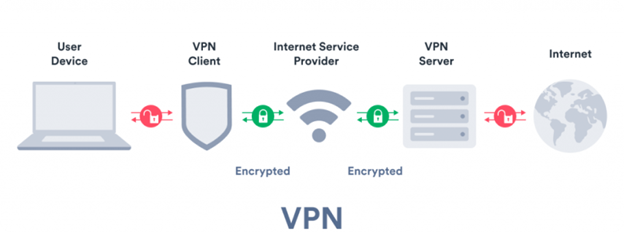
Scammers are getting more sophisticated every day, often using image editing tools to create fake legal documents to scam people and financial institutions. As such, verifying the originality of legal documents is crucial, especially when buying property, applying for loans, or signing contracts.
Some fake documents are so well-crafted that they can easily pass a casual inspection if you are not careful. This guide offers essential tips to will help you confirm the originality of legal documents and protect yourself from fraud.
Verify the Source of the Document
The first thing you should do is ensure that the document is coming from the right source. For example, double-check the email address to ensure that it is legit before downloading the document. Scammers often use phishing attacks by creating imitation email addresses that they use to send fake documents to unsuspecting customers.
Always get your documents from the issuing authority. Visiting the bank or local authority offices will help you stay safe from downloading illegal copies of the document from rogue websites. Bank and government websites have secure portals for accessing official records.
Consult lawyers or AI tools like Walter AI if you are unsure about the originality of legal documents. They will help you verify the authenticity of the documents.
Inspect the Physical Features
A deeper look at the physical document can help you tell whether it is fake or original. Most legal documents use high-quality paper with specific watermarks or security features. Clear fonts and text alignments are a sign that the document is original and legit.
Another factor you should pay attention to is the signatures on the document. Compare the signatures or consult handwriting experts to confirm if they are forged. Lastly, check for official stamps and seals on the documents.
Digital Signatures and Certificates
Most authorities and businesses secure their documents using digital signatures to prevent scammers from creating duplicates. Verify the certificate chain to confirm the authenticity of the signing authority.
Also, look at the time stamps on the digital documents to ensure that they match the date and time of creation. Check if the document has an encryption message that helps prevent unauthorized access. For example, some banks require you to use a four-digit PIN sent to your phone to open PDF statements.
Consult Legal Experts
This can be helpful when signing contracts or during property transactions. Having a lawyer or legal expert present can help you verify the originality of the legal document presented during the sale or purchase of goods.
Involve experts such as realtors to ensure that documents comply with relevant regulations. Scammers often take advantage of people by presenting contracts with illegal terms and conditions to take advantage of unsuspecting customers.
Wrapping Up
These tips can significantly increase your ability to verify the authenticity of legal documents. However, you must still do your due diligence to ensure that you don’t fall victim to scams. Be cautious of emails or links that claim to contain important legal documents. Verify the sender’s identity and avoid clicking on suspicious links.





